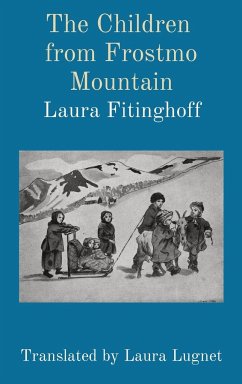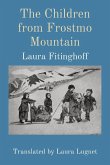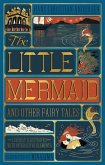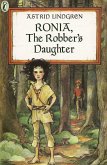Winter is brutal in Northern Sweden, and famine is ravishing the mountain villages. When both their father and mother die, seven siblings have little choice but to go to the poorhouse. But instead, the eldest, Ante, honors his mother's last wish by leading his siblings south in search of somewhere they will be given not only food and shelter but also a proper upbringing. On their harrowing journey, the intrepid orphans face threats to their lives and moral perils. But they carry themselves with a nobility that transcends social class and a joy that shines through their hardship. The Children of Frostmo Mountain is a classic of Swedish literature. It is a tale about destiny, virtue, and the values passed on from parents to children. This is an unabridged English translation, including the author¿s forward from the original 1907 edition.
Hinweis: Dieser Artikel kann nur an eine deutsche Lieferadresse ausgeliefert werden.
Hinweis: Dieser Artikel kann nur an eine deutsche Lieferadresse ausgeliefert werden.








